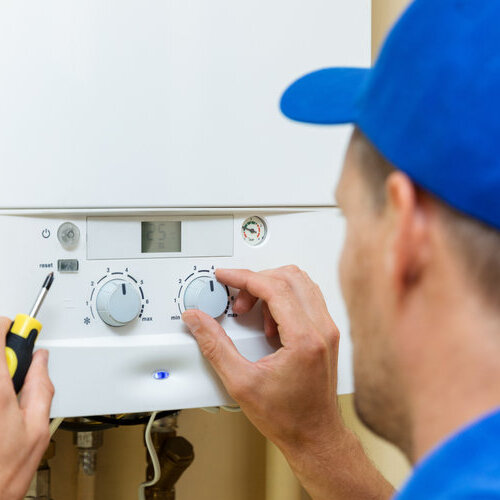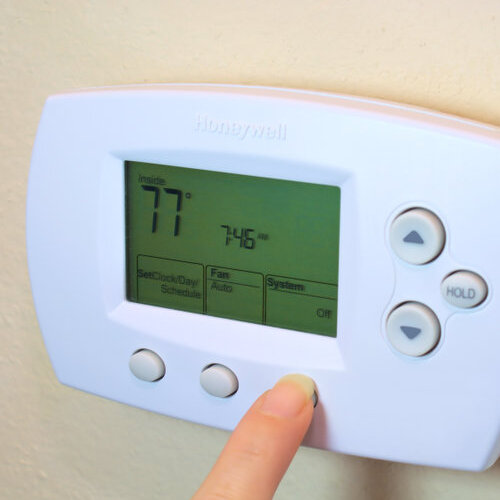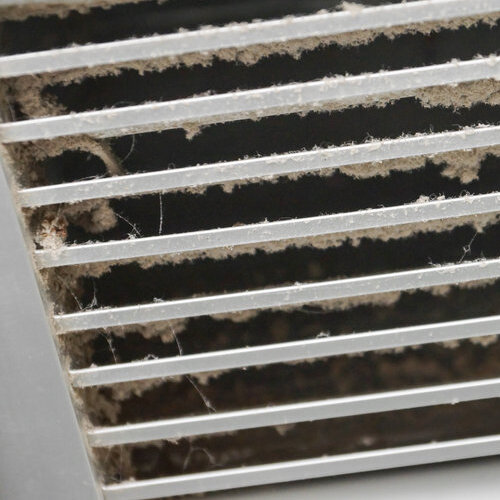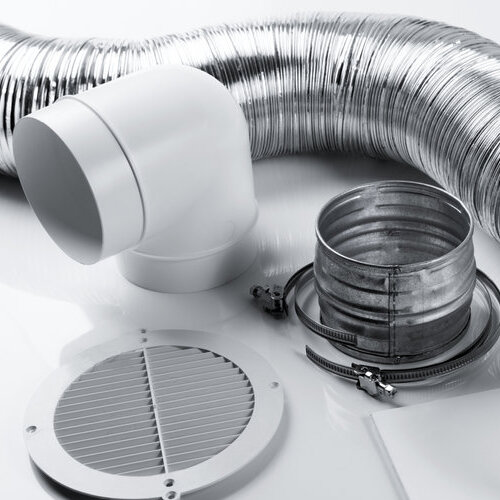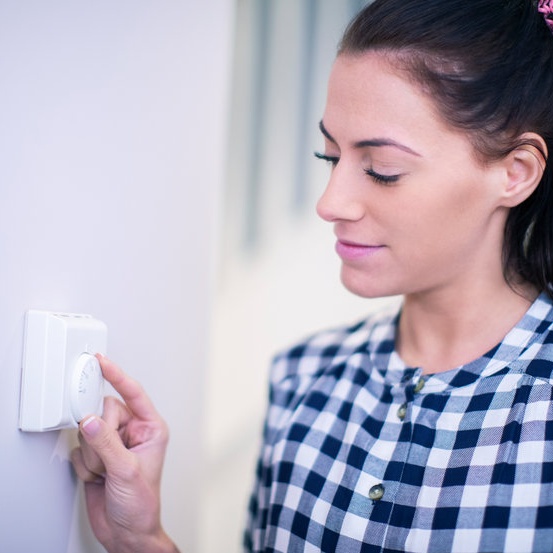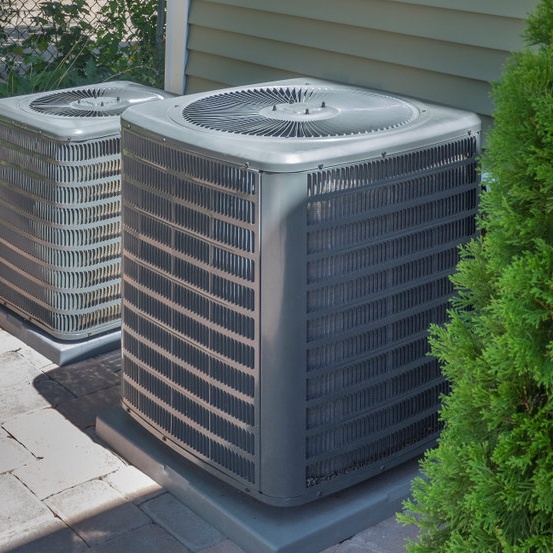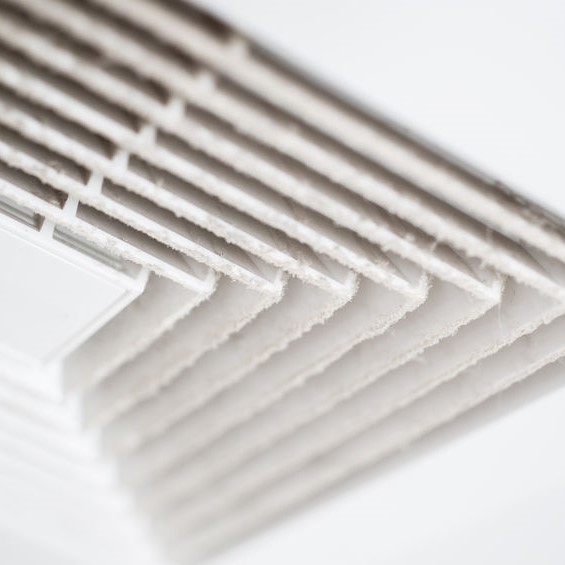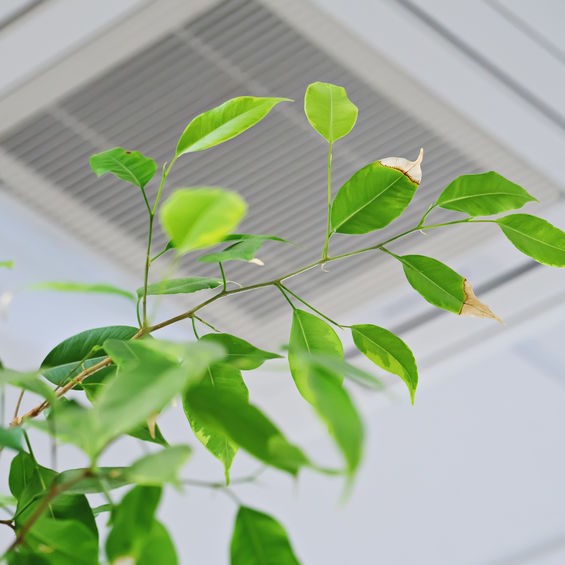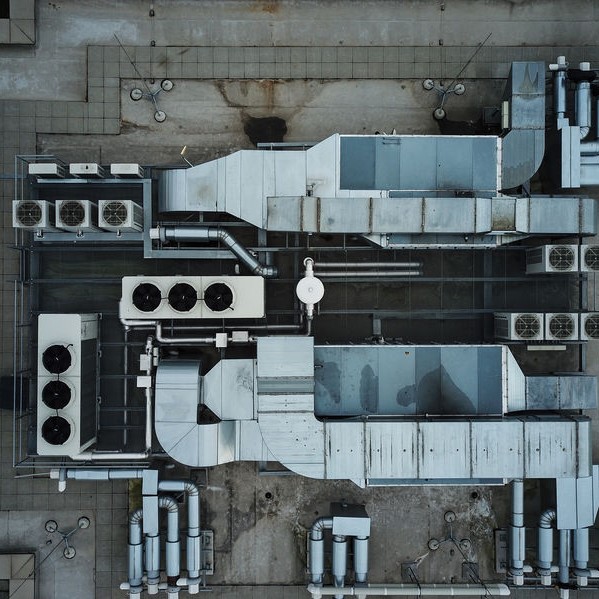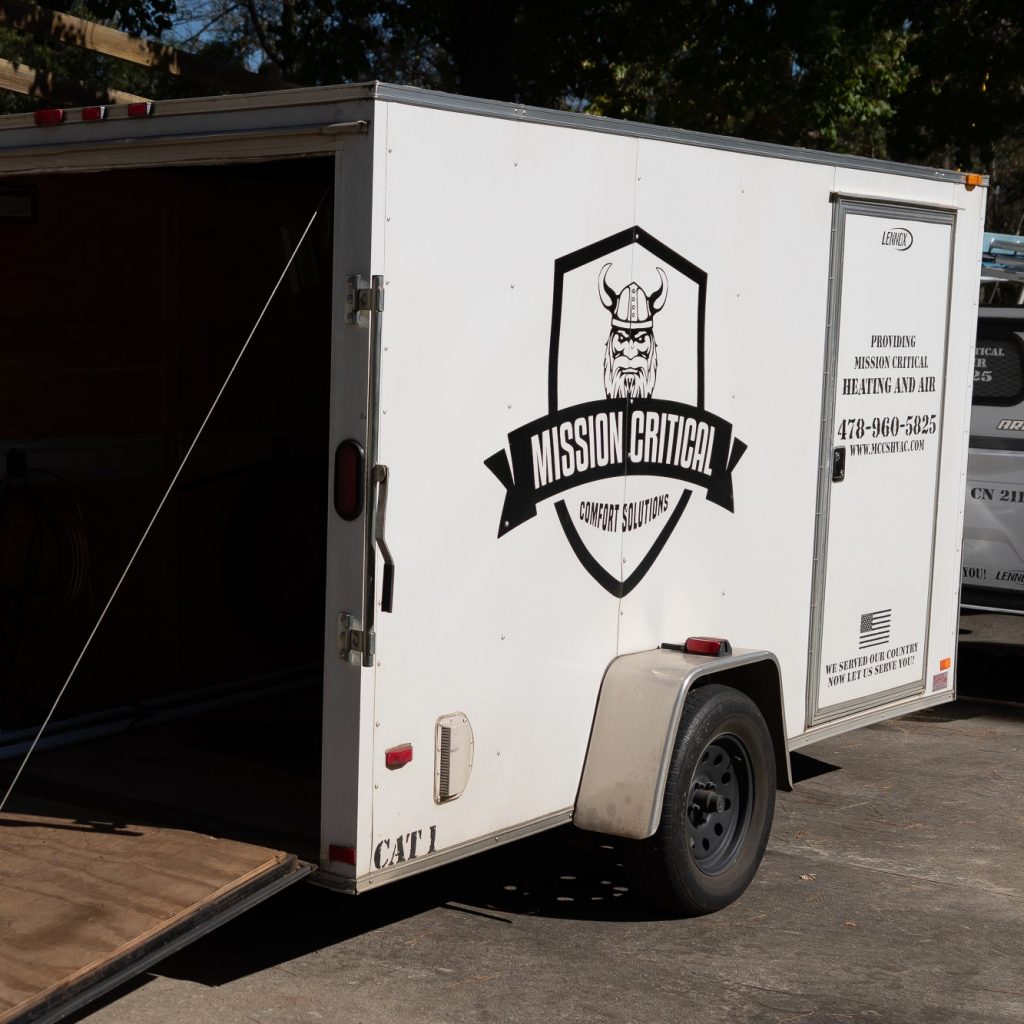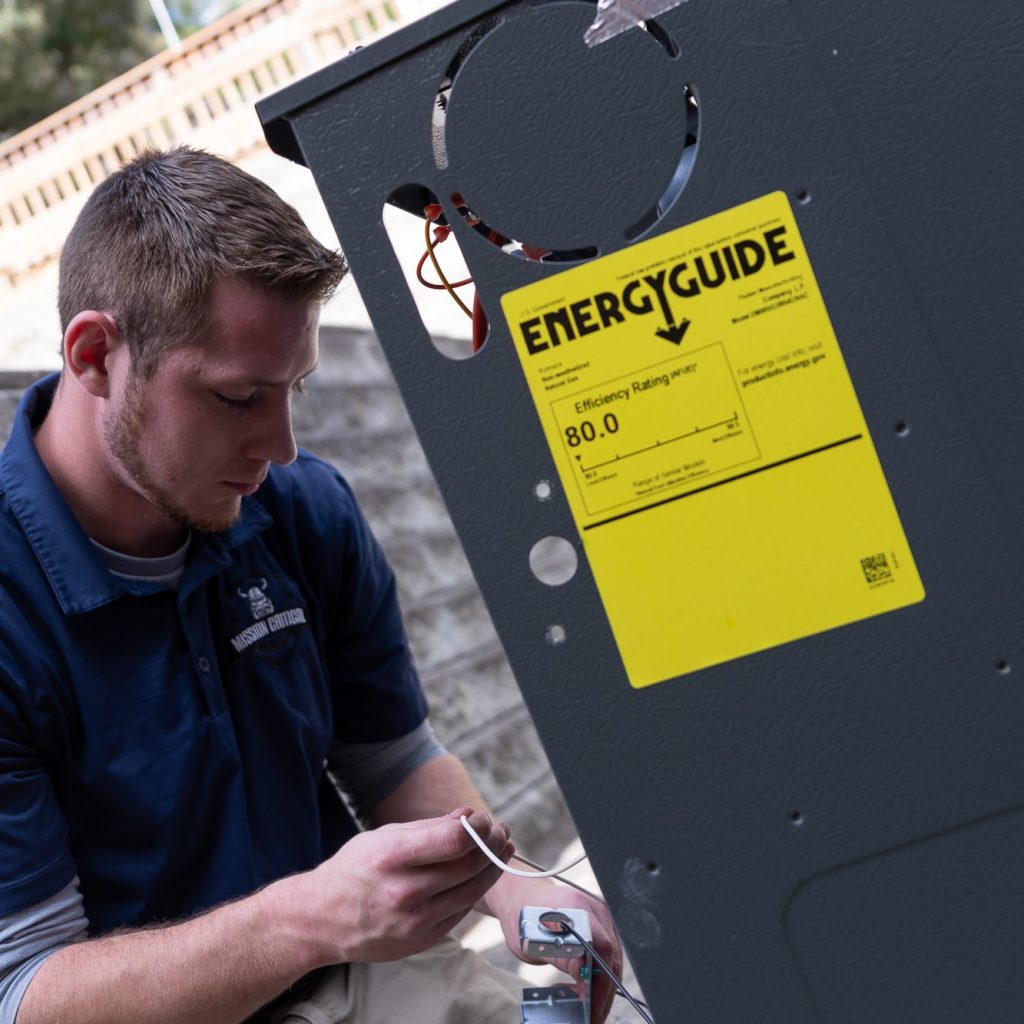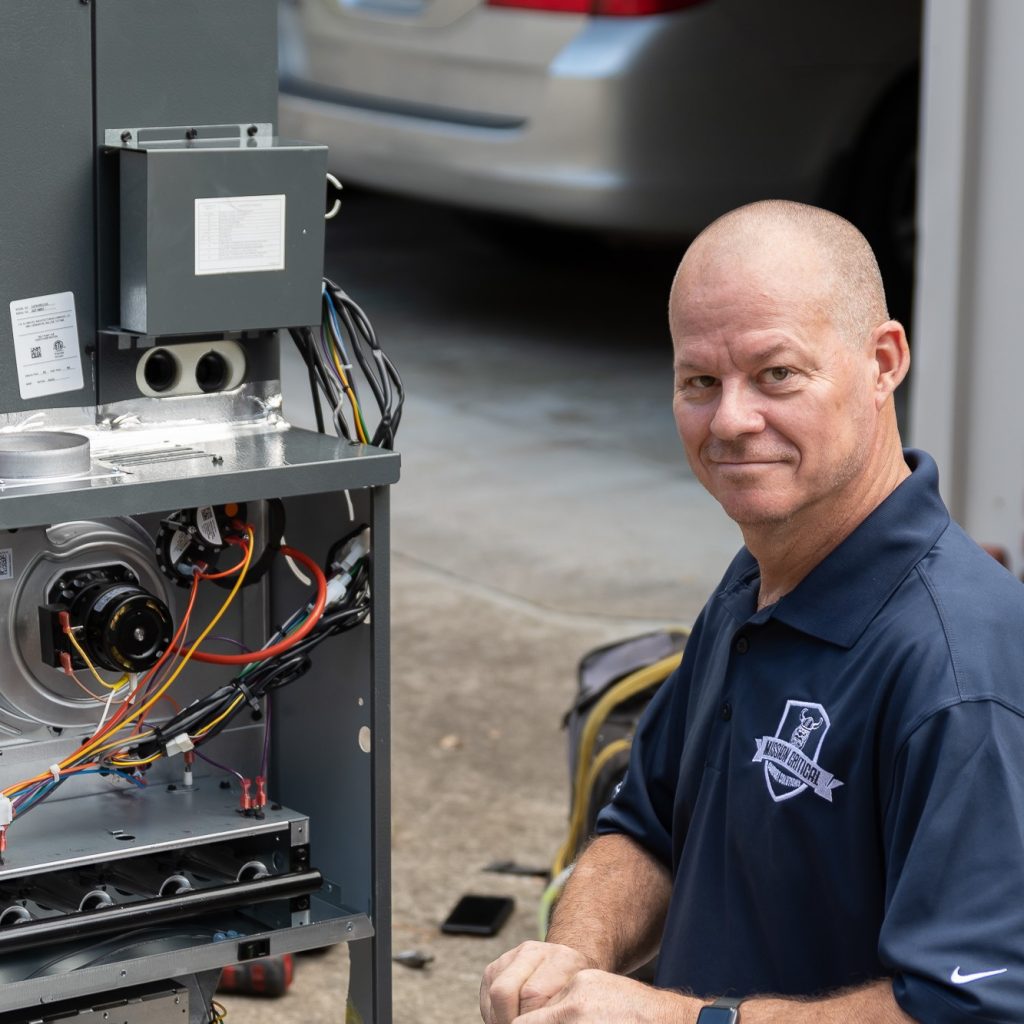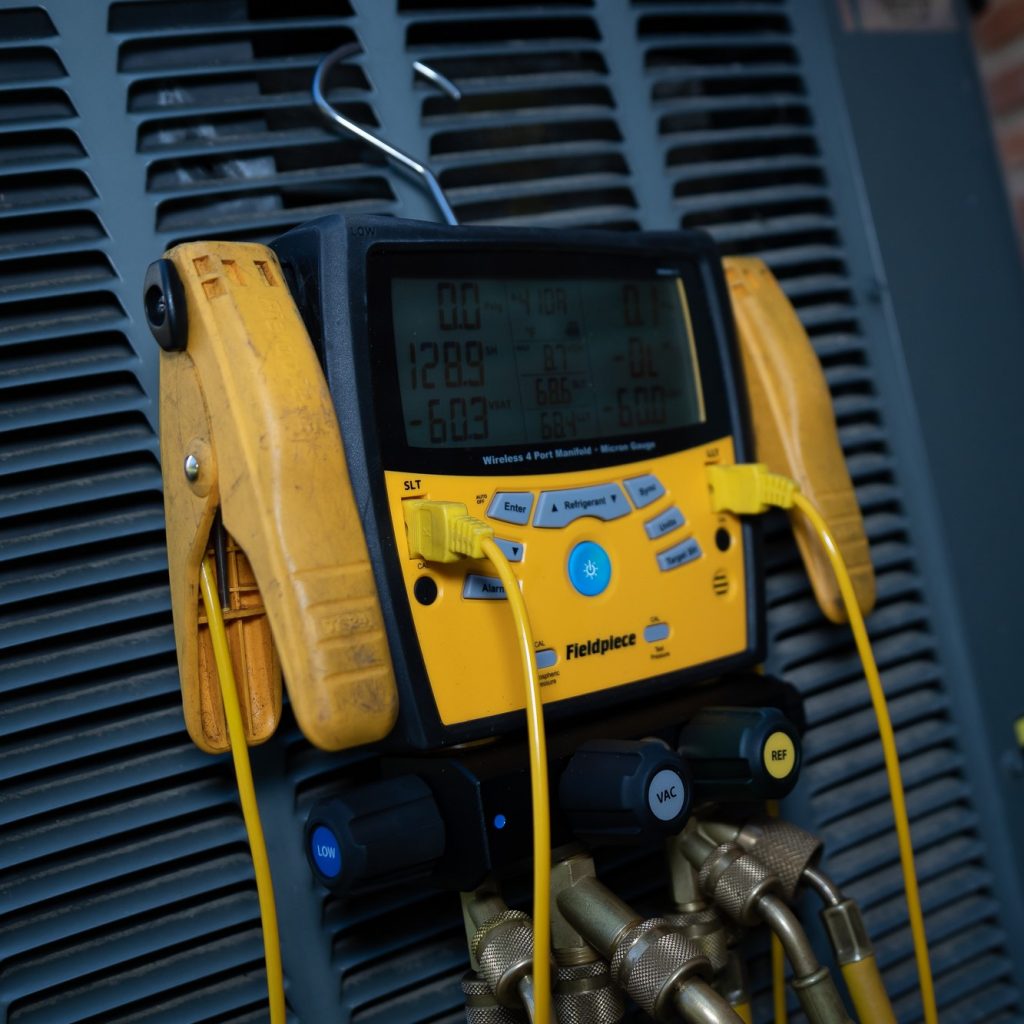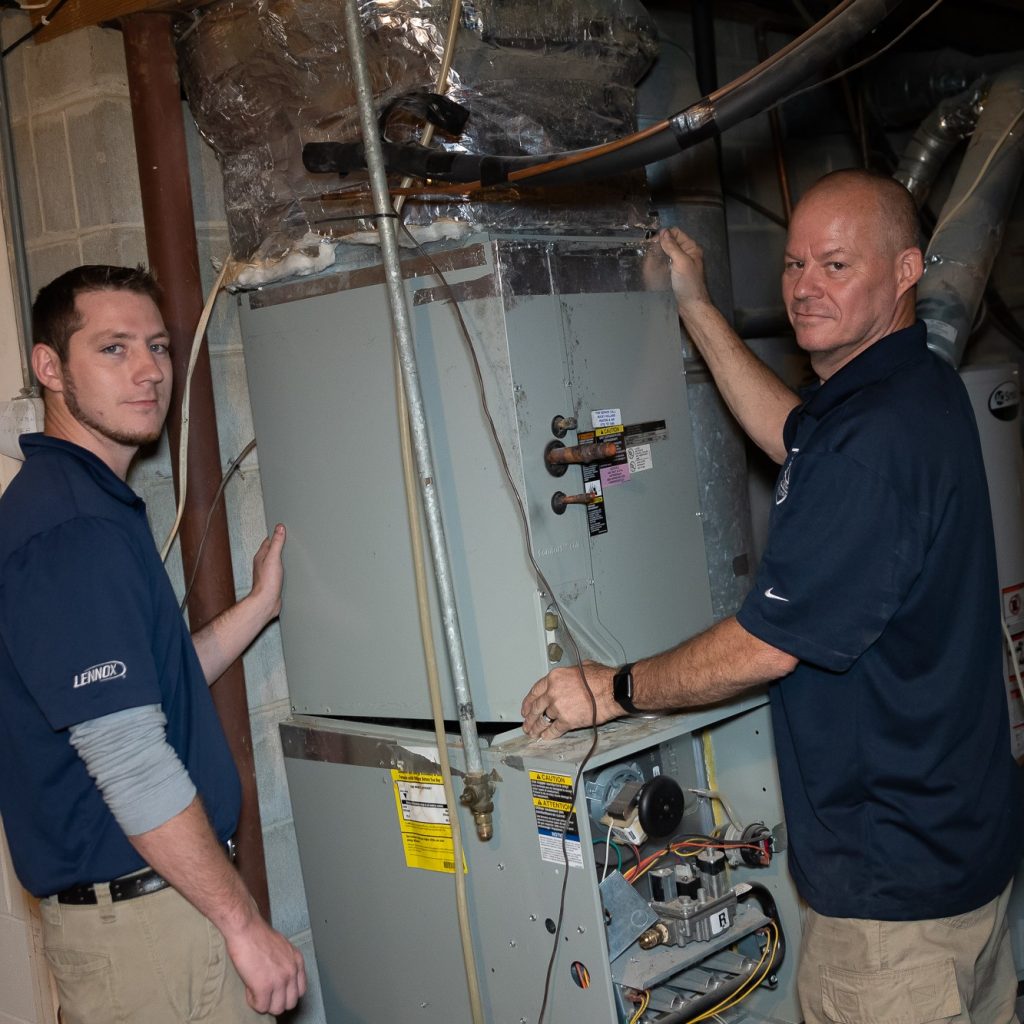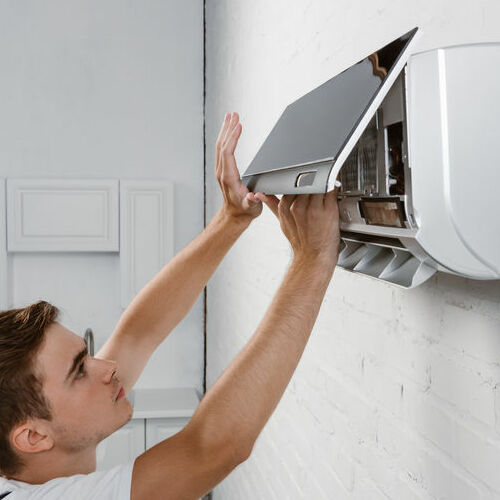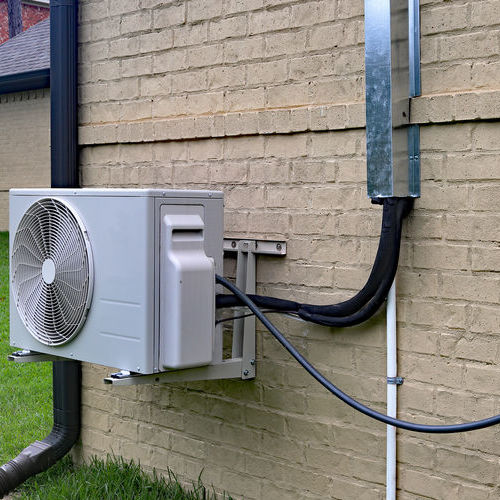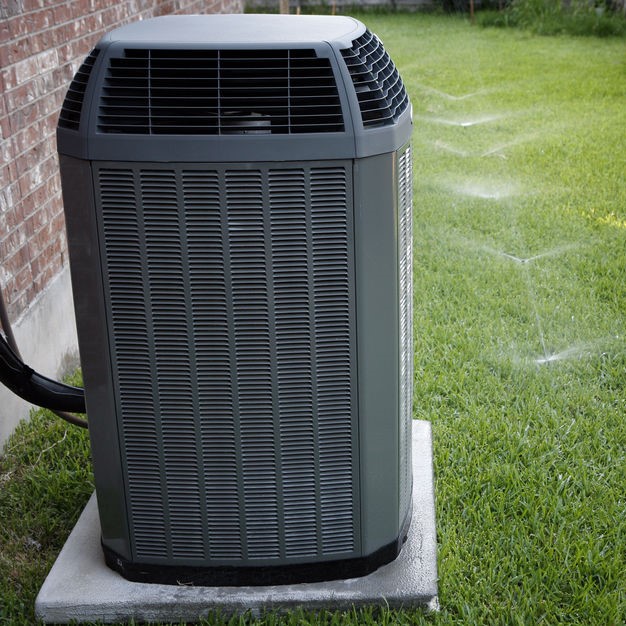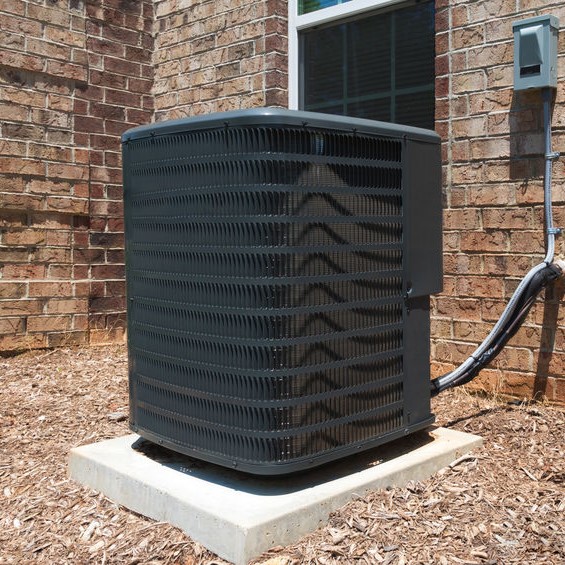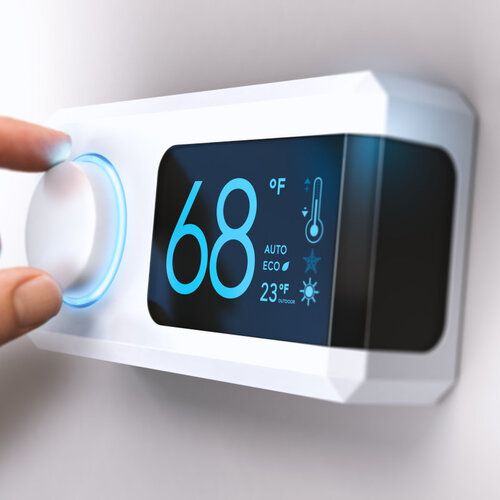
Keeping Your Heating System in Shape
Today, there is more than one way to heat your home, but regardless of what you have for a heating system, heating system maintenance is key in keeping it working efficiently. What is the most efficient heating system? Essentially, you want to choose a heating system that has a high AFUE rating and is compatible with your home’s energy source. Many homes are set up for electric heating systems and other homes are set up for natural gas heating systems.
A natural gas heating system is more efficient than an electric heating system, so, if your home is set up for natural gas, that is the better option to choose. With that decided, you now need to choose between the three primary types of heating systems that will be the best for your home. Those three types are:
Furnace
A furnace heating system is the most efficient, especially when powered by natural gas. A furnace heats the air with a heat exchanger and pushes it through a duct system with a blower motor.
Not only is this the most efficient, but it is also the most affordable. The cost of a new natural gas furnace can range $2,000 up to $7,000. The biggest downside to a gas furnace is the noise level. Heating system maintenance is a little more detailed than electric choices when considering the pilot light.
Heat Pump
A heat pump system is an all-in-one system housing both air conditioning and heating, which makes it an efficient system in its own way. These take the hot air from inside your home and using refrigerant, removes the heat. Then it returns the cooled air back into your home. The heater portion works in reverse and takes the cold air from inside your home, heats it up, and then returns it to your home.
This is an excellent air filtration system along with the heating and cooling and is quieter than the furnace heating system. However, they are on the expensive side with an average cost starting as low as $5,600 but can cost as much as $20,000. With three different varieties to choose from, you can fit your budget and needs between the air-source, geothermal, or split-duct style. Heating system maintenance is simple with the air filter changes being the biggest concern.
Boiler
Boilers are considered an old-school heating system, but they are still around, heating water up in a tank, then pumps that heated water through pipes into individual radiators.
They are available in natural gas, the more efficient choice, or electric, the least common choice. They take up a lot of space and can cost around $10,000. When it comes to heating system maintenance, these are more finicky, and repairs are expensive.
What is the average heating system lifespan?
A gas furnace has an average life expectancy between 15 and 20 years. With proper heating system maintenance, you could get over 20 years of life expectancy. And for an electric heating system, maintenance on a regular basis could give you up to 30 years of life expectancy.
How much to install a new heating system?
Homeowners in colder climates, like the far northeast, need a heating system that will function at any temperature. Fortunately, here in the Bonaire, Georgia area, the winters are typically not that harsh. This enables homeowners to choose a heating system that is budget-friendly as well as one that matches the power set up in the home, i.e., electric or gas.
The average cost across the country for the heating system itself and the installation can range from $4,900 up to $10,000. This depends on which type of system you choose, the size of the home, and how much ductwork, if any, is needed.
So – what heating system do I have?
If you’re not sure whether your heating system is electric or gas, check the front of the heating unit; you may have to open a small door. If there is a small window on the front, check through it for a blue flame, and then you have a gas-powered heating system. If there is no window, you have an electric heating system. You can also check the breaker box and if there is a circuit labeled “furnace” or “heater” you have an electric heater.
Why is my heating system not working?
If your heating system has quit working or the heating system keeps turning on and off, there could be several issues. A common issue is poor heating system maintenance, which is usually when the air filter hasn’t been changed every 30 days. Change the air filter, hit the reset button on the furnace and see if that helped.
If not, check the thermostat and make sure it is on “heat” and “auto”. If the system is on “cool” or “off”, it isn’t going to come on. If the thermostat is programmable, try replacing the batteries and if the thermostat is older than 10 years, replace the entire thermostat.
Other possible issues could be any of these three things:
The Blower Capacitor
This is like a big battery that starts the furnace once the thermostat sends a message. If this component goes out, you’re not going to get any heat. With an annual heating system maintenance, this component is checked by the technician and replaced when there is indication it is about to fail.
The Refrigerant
This pertains to a home with a heat pump system. If the refrigerant level gets too low, the compressor will overheat, and the system quits working. An annual heating system maintenance with a professional service will include a refrigerant check which can keep this from happening.
Faulty Ductwork
A heating system maintenance will include inspecting the duct work and would find ahead of time if it were broken, detached, or poorly designed and installed. Any of these things will keep the heat from dispersing through your home, even causing it to keep cycling off and on because the warmed air isn’t getting distributed correctly causing the thermostat to start and stop.
Can a heating system cause a fire?
Absolutely, which is a tremendous part of what makes heating system maintenance so important! Over one in six home fires are caused by the heating system according to The National Fire Protection Association. That is second only to home fires started from cooking. While space heaters are the biggest cause and fireplaces right behind them, even a furnace can catch fire if the heating system maintenance is overlooked for too long.
Can a heating system make you sick?
The heating system in your home is there to keep you comfortable. But if the heating system maintenance is ignored, it isn’t working efficiently and can cause any of the following issues:
Recycling Particles
Today, new homes are well-sealed and existing homes are sealed up to keep cold or hot air from leaking in or out. This is an energy bill-saving factor, but it also keeps fresh air from circulating throughout the home too. The air in our homes today has dust, pet dander, bacteria, and mold spores that are recycled and circulated continuously in our well-sealed homes. The investment of a quality air filter or an air filtration system will reduce the exposure to these things and make us healthier.
Humidity Problems
Even the best working, best home heating system maintenance schedule will make a home extremely dry in the winter. This won’t make us sick, but it will cause the eyes, nose, skin, and throat to be irritated and uncomfortable.
Carbon Monoxide
Natural gas-powered heating systems that aren’t properly vented and working correctly can emit toxic carbon monoxide. This can cause various illnesses including confusion and muscle aches, and with longtime exposure, death.
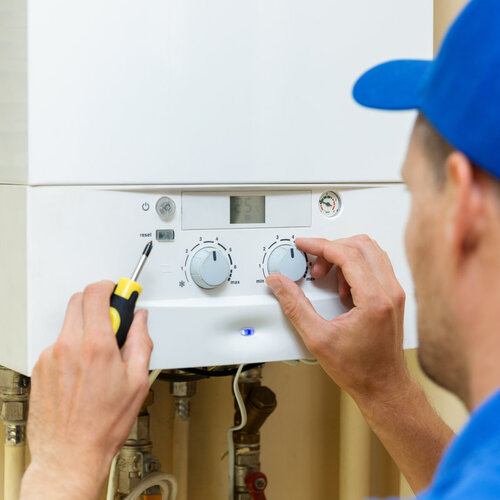
Where Does It All End?
So, how do you know when to replace a heating system? Here 8 basic indicators that it is time to replace your current heating system:
- The Age of the current system.
- Energy bills are increasing higher than normal for the season.
- Your home has an excessive amount of dirt, dust, rust particles, or soot.
- The humidity isn’t adjusting with the temperature.
- Uneven heat through the house.
- Loud unusual buzzing, humming, rattling, or other noises.
- Frequent repairs, more than 2 in a 3 year span.
We hope these are all good enough reasons for you to schedule heating system maintenance, and if you’re ready give us a call today.

